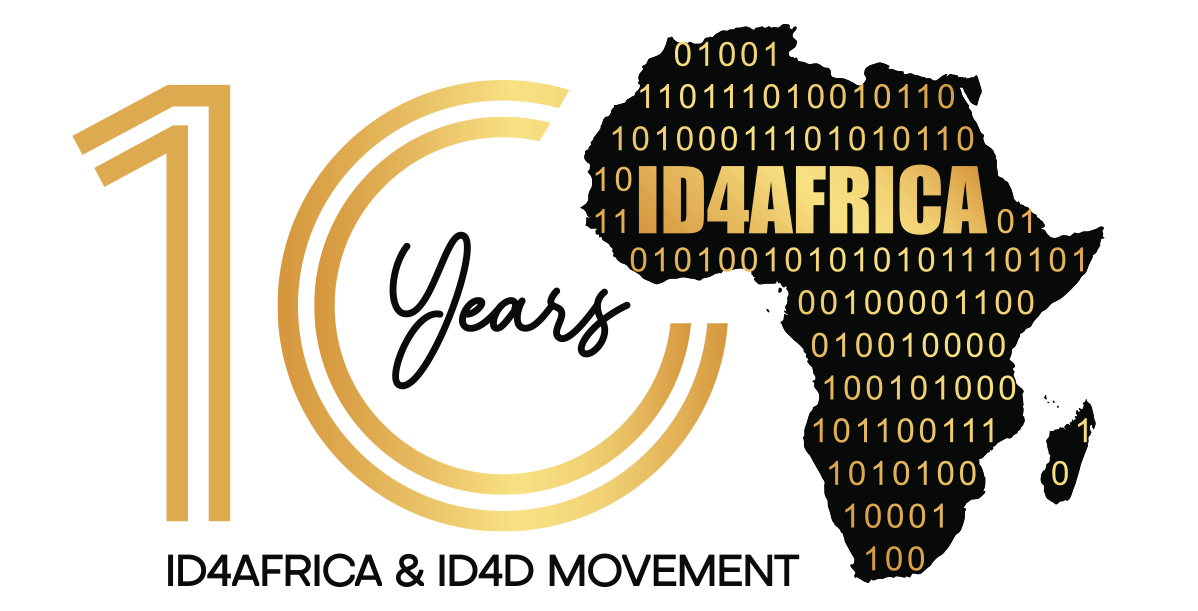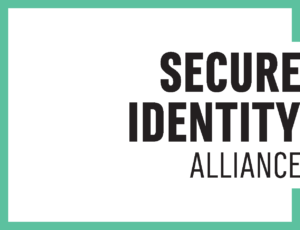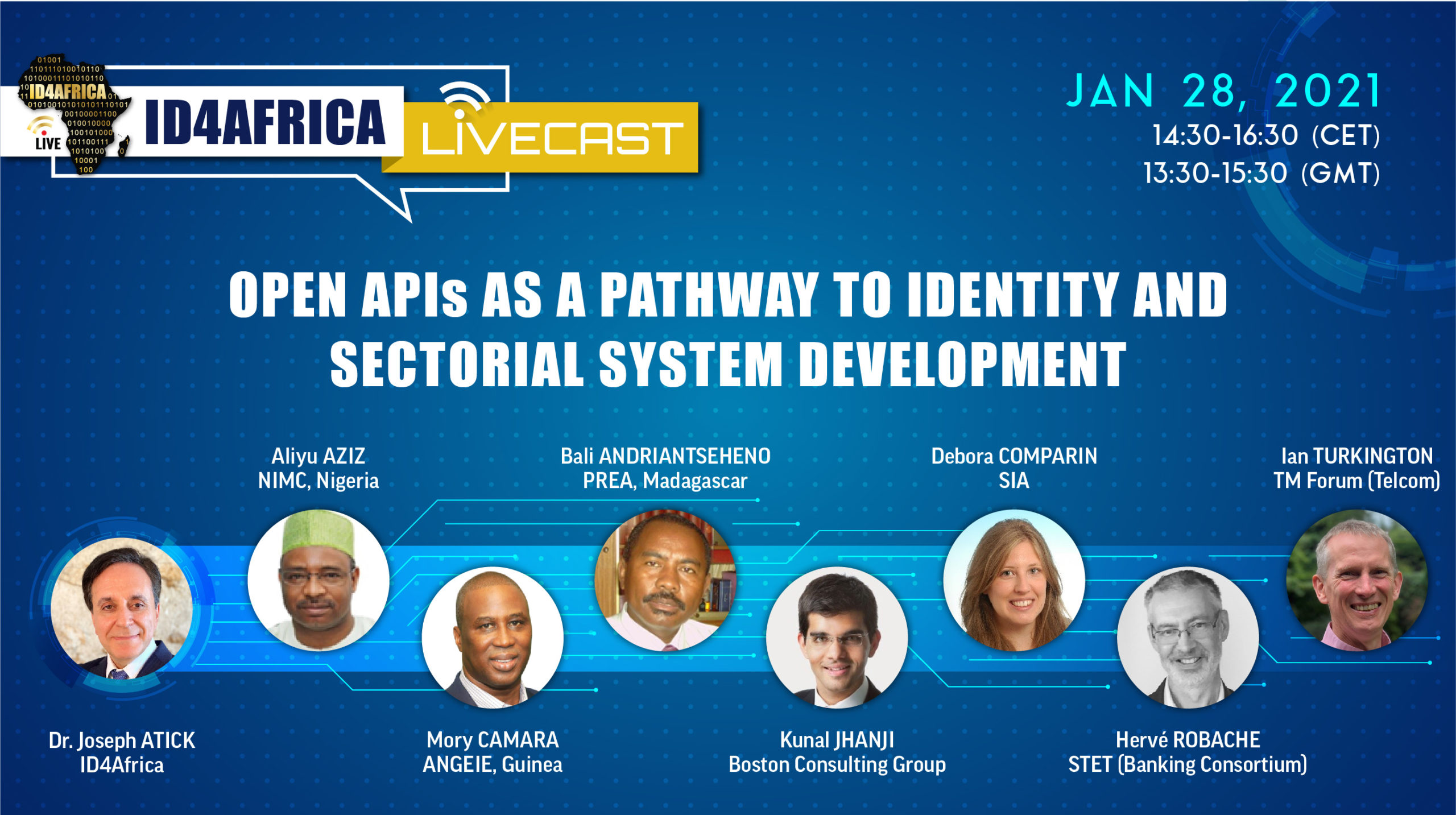
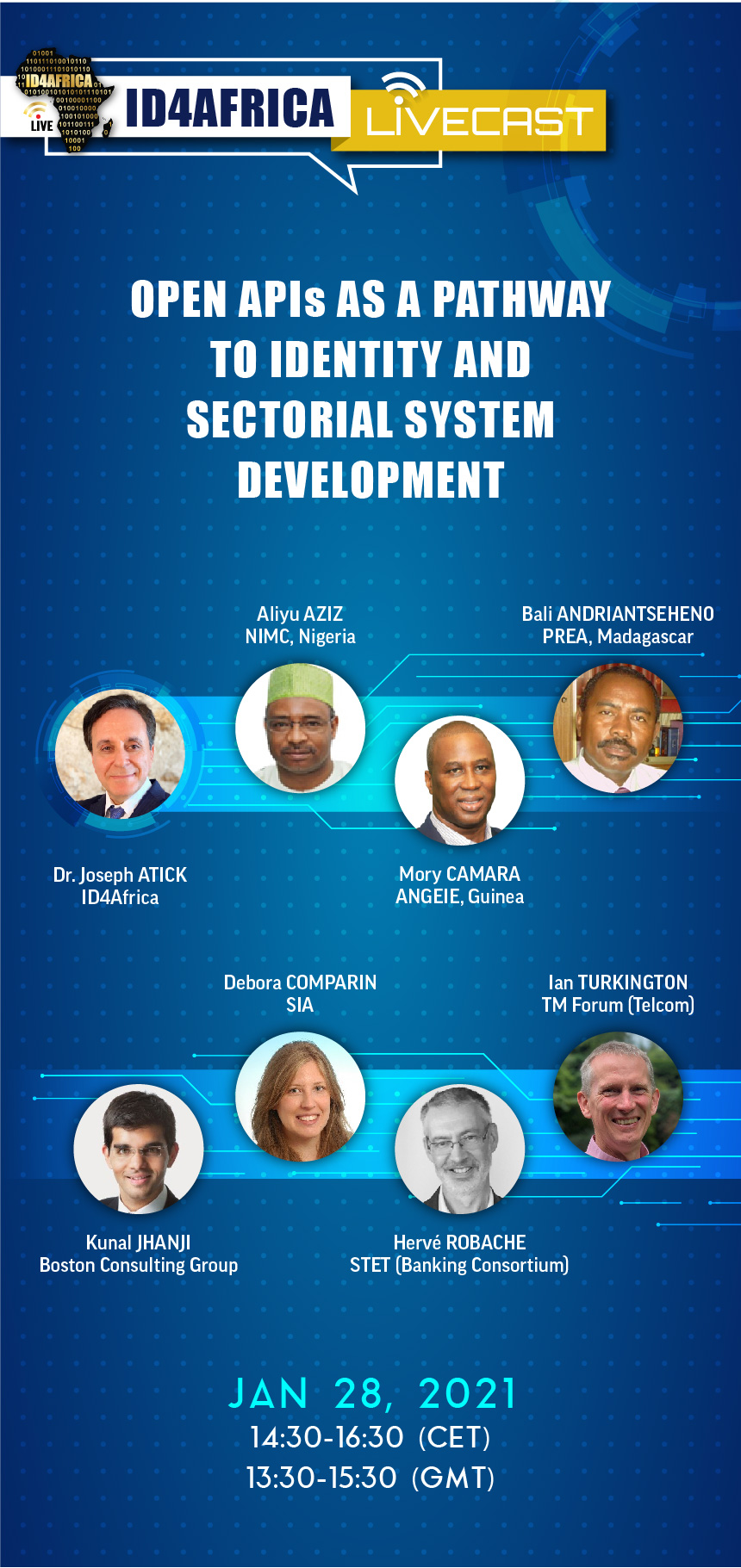
Open APIs as a Pathway to Identity and Sectoral System Development
This is part II in the two-part series started on December 3rd on the subject of pathways to identity development which address the longstanding problem of technology and vendor lock-in and the associated lack of interoperability among different identity modules supplied by different vendors. In our first episode we discussed open source initiatives as one solution to this problem, while in this second episode we explore how open APIs can lead to the development of an open ecosystem free of lock-in, and one where interoperability could be ensured by design from the start.
The Technology & Vendor Lock-in Problem
We kick off the session with first-hand perspectives from leading African identity experts on the impact technology and vendor lock-in has had on Africa’s identity system development.
In January 2018, an ID4Africa Survey of African Government identity stakeholders revealed vendor and technology lock-in as being the number one concern that practitioners have regarding their vendor-supplied systems. It is generally believed that this perceived lock-in and the subsequent lack of interoperability has inhibited the rapid development of identity ecosystems, particularly in Africa.
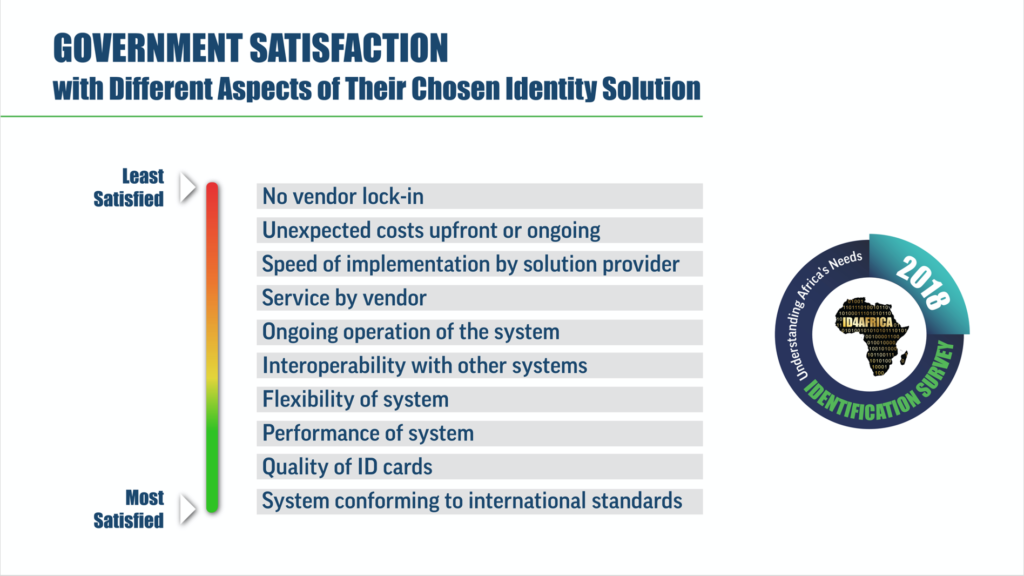
Having covered Open Source in our Dec 3 LiveCast, we now examine alternative solutions offered through Open APIs. We will hear about the successes of sectors with complex ecosystems – specifically the banking and Telcom sectors – that have benefited from adopting an Open API approach. We will then take the evidence of their success stories and apply them to the identity domain by featuring a discussion around OSIA which is one interoperability initiative from the industry.
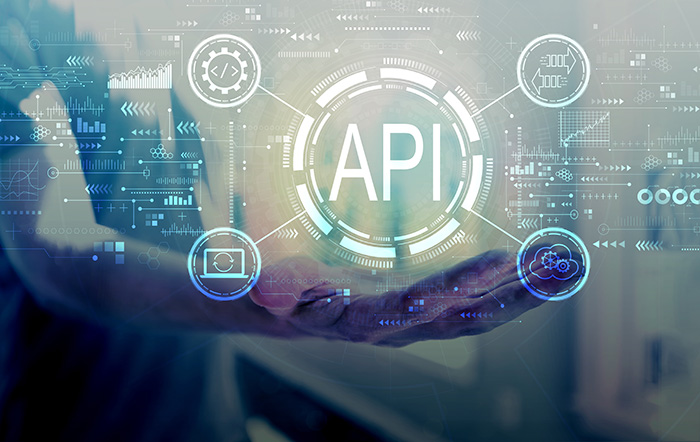
The Sectoral Experience with Open APIs
In banking and finance, APIs are facilitating the flow of data and making it possible for banks to securely share customer information with verified third-party service providers. This Open Banking revolution is enabling banks to build new digital ecosystems and adapt fast to business and consumer demands for innovative services that save them time and money. It is also allowing non-traditional Fintech players and innovators to enter this space to offer services that ultimately benefit the consumer.
The telecommunications sector has deployed open APIs to enable rapid, repeatable, and flexible integration between operations and management systems. This has simplified the creation, building and operation of complex services, and is driving innovation. The 800 members+ TM Forum community has developed a suite of 50+ APIs that are propelling new digital services in a number of key areas – including IoT applications, smart cities, mobile banking and more.
The API opportunity in identity
The success of the APIs in other sectors motivates their use in the identity domain. There is no magic involved, it is a question of arriving at a shared set of standards that can be accepted by the community and that can allow the sharing of information among the various processes, systems and devices. Open Standards APIs have the potential to eliminate proprietary barriers, allow for interoperability, abolish technology and vendor lock-in, and maximize investment in existing digital infrastructures.

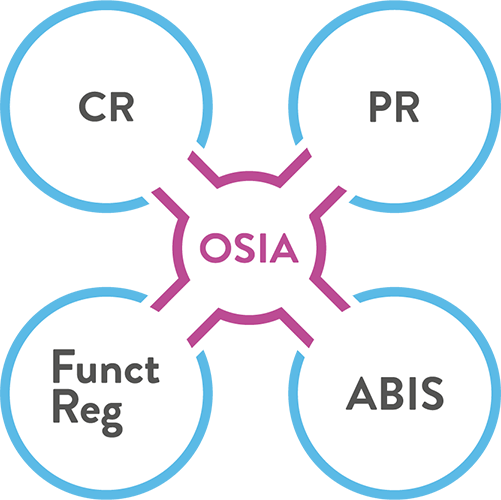
One recent initiative in this regard is OSIA (Open Standards Identity APIs). This is an initiative that has already created a growing community of 30+ members of industry and government organizations working together to define what and how to share identity data.
OSIA Framework makes it easy to create connections and share information within the context of heterogeneous ecosystem that cannot be dominated by any single player. It allows for interoperability by design and can eliminate vendor and technology lock-in, the motivations which started this whole line of thought within the identity community.
The Moderator

Joseph Atick
ID4Africa
Dr. Joseph Atick is a recognized world renowned advocate and expert on identity matters. Having been one of the founders of the identity industry nearly 30 years ago, he led several companies in that domain and developed some of the foundational algorithms underlying secure digital identity today, including the first commercially viable face recognition algorithm.
Dr. Atick retired from the industry in 2010 to focus on promoting identity for social and economic development around the world. In that mission he partnered with the World Bank and other UN agencies, and was heavily involved in the development and field testing of the methodology and analytic tools that would guide the subsequent activities in that space, and would lead to the launch of the ID4D initiative at the World Bank.
In 2014, he co-founded ID4Africa as a pan-African Movement to promote responsible digital transformations through digital identity in Africa. He is a staunch defender of privacy, data protection and human rights and continues to provide counsel to governments and international organization on the use of identity for public good. Dr. Atick holds a Ph.D. in Mathematical Physics from Stanford University.
Country Perspectives

Aliyu Aziz
ENGR. DIRECTOR GENERAL NATIONAL IDENTIFICATION MANAGEMENT COMMISSION (NIMC), NIGERIA

Mory Camara
MANAGING DIRECTOR ANGEIE, GUINEA

Bali Andriantseheno
Coordinator General, Reforms Program for Administration’s Efficiency
Sectoral Experiences

Kunal Jhanji
Partner Boston Consulting group
Kunal Jhanji is a core member of Boston Consulting Group’s Financial Institutions practice. He leads BCG’s payments work in the UK and is a member of the firm’s Transaction Banking and Payments management team. He has extensive experience working on payments topics with banks, core payments providers (schemes, acquirers, PSPs), and non-banks (regulators, merchants, fintechs).
Kunal also leads BCG’s global open banking proposition.
Prior to joining BCG, Kunal was a management consultant at Oliver Wyman, EY, and Deloitte. At Wyman, he was COO for the European payments practice, and he also served as head of policy for the Open Banking Implementation Entity, UK, while on secondment.
Kunal has attended Executive Leadership and Management programmes at Wharton and INSEAD. He also holds a Masters in Management from Warwick Business School.

Debora Comparin
Chair, OSIA Secure Identity Alliance

Hervé Robache
Head, Norms and Standards
STET

Ian Turkington
VP, Architecture and API TM Forum
Ian Turkington is Vice President of Architecture and APIs at the TM Forum where he is responsible for two of the Forum’s key themes: Cloud Native IT & Agility and Autonomous Network & the Edge. Ian also leads the collaboration work with TM Forum members focused on developing the Open Digital Architecture and Open API standards. Formerly head of the Enterprise Architecture Centre of Excellence at BT, he worked toward developing the operator’s enterprise architecture capability.
In prior roles at BT, he was chair of the Technology Strategy Board which provided a forum for managing directors and CTIOs to improve awareness of new technologies, including NFV, SDN, blockchain and big data. He has a BSc. in engineering from Queen’s University of Belfast.
Watch the Replay of Part I
Open Source as Pathways to Identity Development
Panelists: Dr. Joseph Atick (ID4Africa), Vyjayanti Desai (The World Bank- ID4D), Liv Marte Nordhaug (NORAD & Digital Public Goods Alliance), Sanjay Jain (MOSIP), Edward Duffus (OpenCRVS), Lesley-Ann Vaughan (Mojaloop), Mory Camara (ANGEIE, Guinea), Ibrahima Condé (WURI Project, Guinea), Yodahe Zemichael (OPM, Ethiopia)
